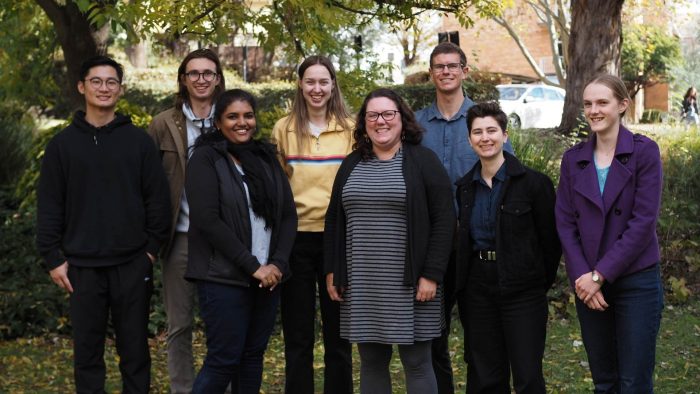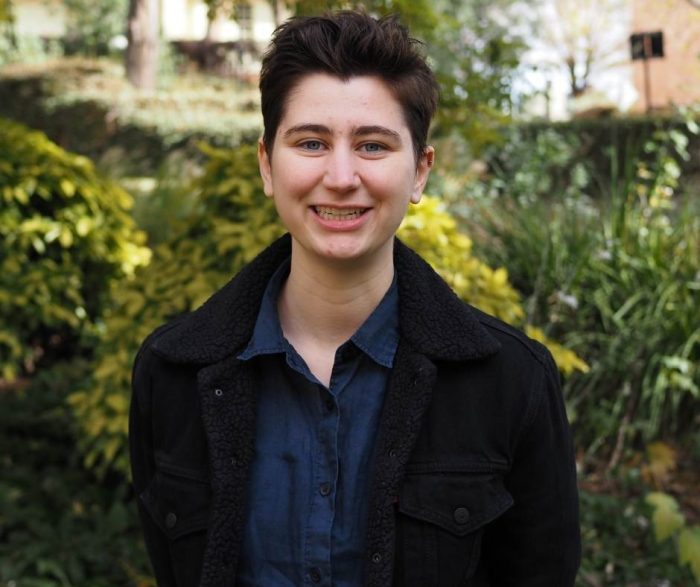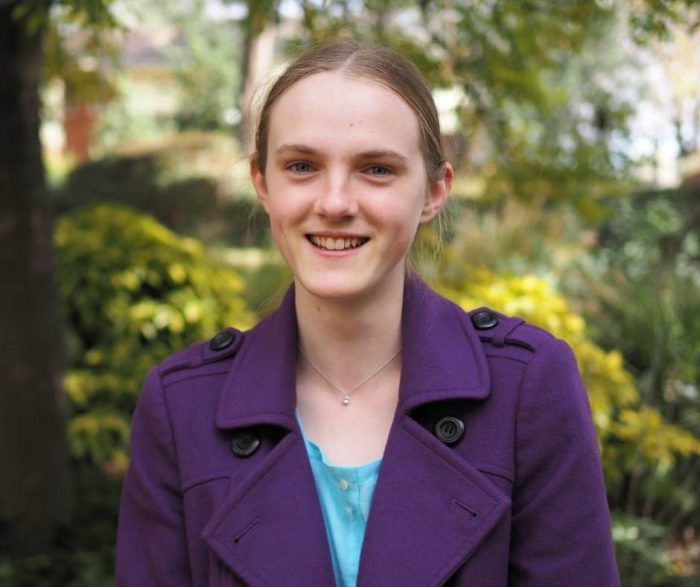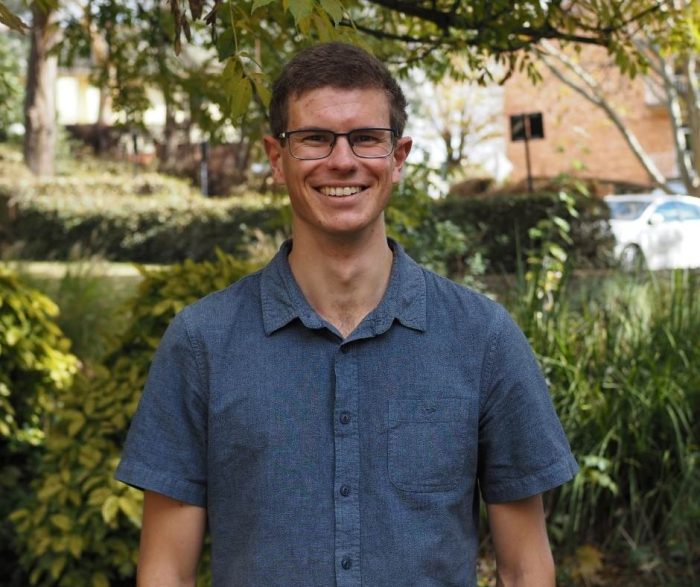Jonathan Brown with Centre researchers.
Over 50 emerging leaders of climate science are in Canberra this week with the ARC Centre of Excellence for Climate Extremes, developing skills to help Australia predict, prepare and respond to extreme climate events.
“These PhD students are the future of climate science in Australia” says Associate Professor Melissa Hart, Centre Graduate Director.

“The nature of and our understanding of climate extremes in Australia and around the world is changing rapidly. The fundamental science that informs our predictions, preparations and responses to climate extremes needs investment. That’s why the emerging leaders of climate science are in Canberra this week – so we can invest in their skills and secure the talent Australia needs for the future. We must invest in the next generation of climate science leaders” says Hart.
Based at the Australian National University, students this week are developing their skills and knowledge around atmosphere and ocean dynamics, conducting experiments at ANU’s Geophysical Fluid Dynamics Laboratory and learning from the experts at the ACCESS-NRI and Australia’s National Computational Infrastructure (NCI) – the supercomputing infrastructure that underpins much of Australia’s climate science.
“I became interested in climate science during my undergrad because the people talking about it were so passionate“ says Ruby Lieber, a PhD student at the University of Melbourne attending the Canberra workshops.

“It’s just great to have a network of supportive peers who are so willing to collaborate. I hope to be able to keep discovering interesting things about our planet that are relevant to the people living on it. For climate science more broadly, I hope I can influence the decisions being made and get more people talking about climate science” says Lieber.
Jemma Jeffree, an honours student at the Australian National University hopes climate science will have more influence with decision makers in future.
“I hope that in the future climate science is a more fundamental part of policy decisions” says Jeffree.

“From the federal level down to individual businesses and industries, climate science can tell us a lot about what to prepare for. I’d like to go on to study El Niño Southern Oscillation. As we’ve seen over the last few years it can significantly impact Australia, so I’d like to work on improving our understanding of this phenomenon and improve our predictive capabilities” says Jeffree.
“I’ve really enjoyed problem solving throughout my whole life” says Ashley Barnes, PhD student at the Australian National University.

“In climate science I get to bring those problem solving skills to some of the community and the planet’s biggest challenges. Being part of such a big community of passionate climate scientists is just really inspiring. It’s really reassuring to know that there’s so many pathways open with the skillset I’m developing” says Barnes.
The students are in Canberra all week learning from Australia’s leading experts in atmosphere and ocean dynamics.
